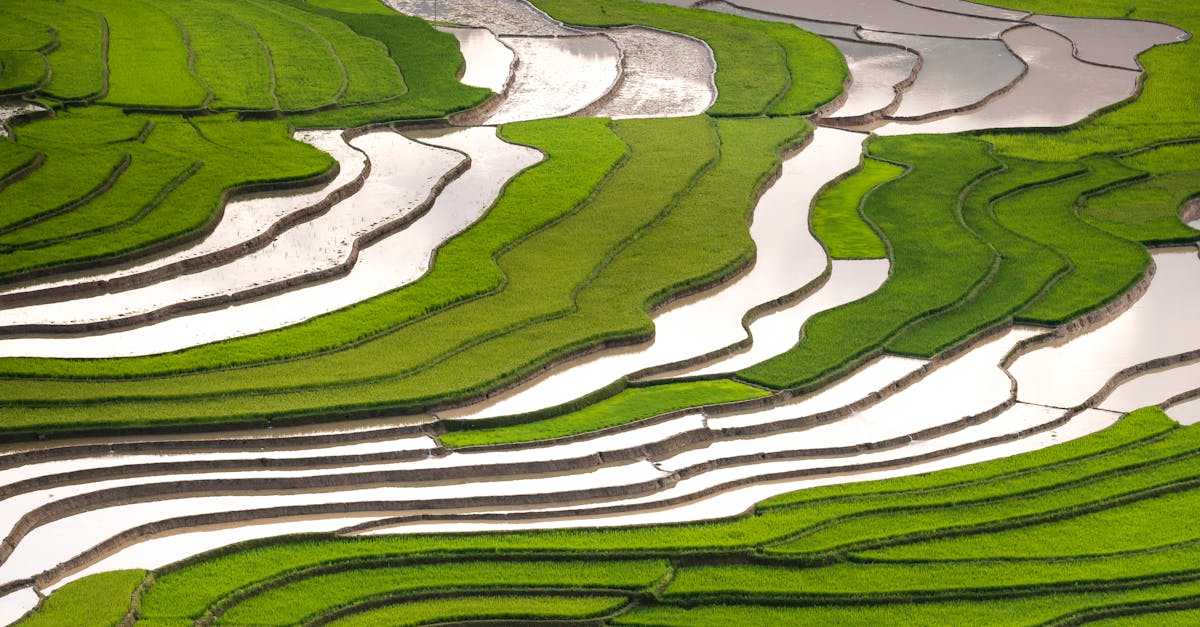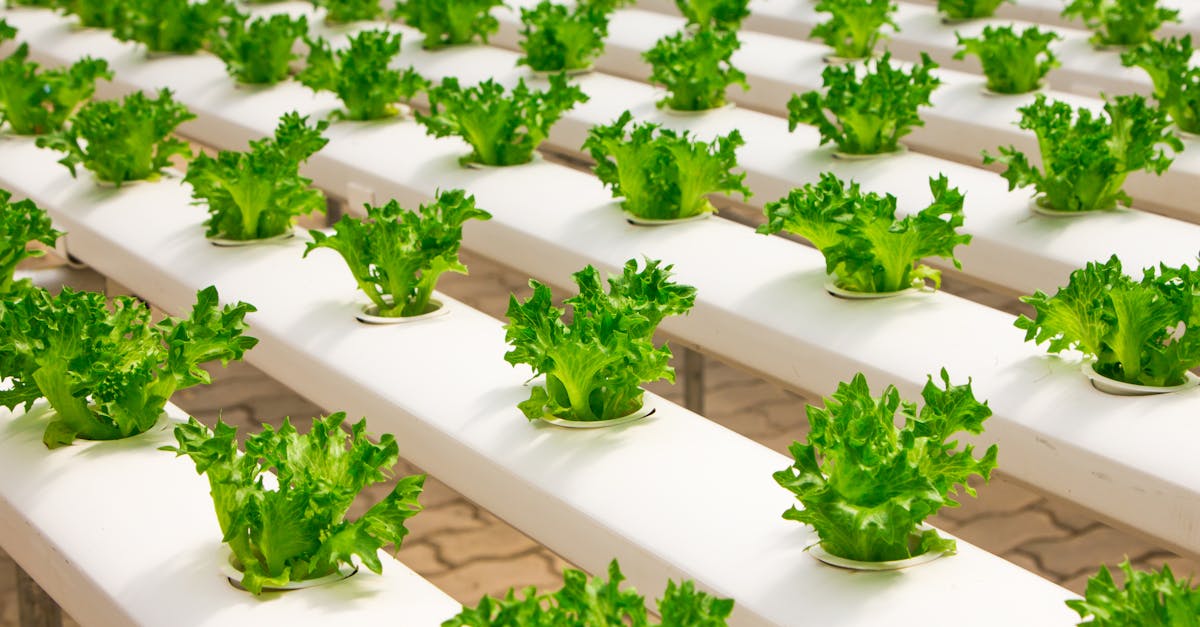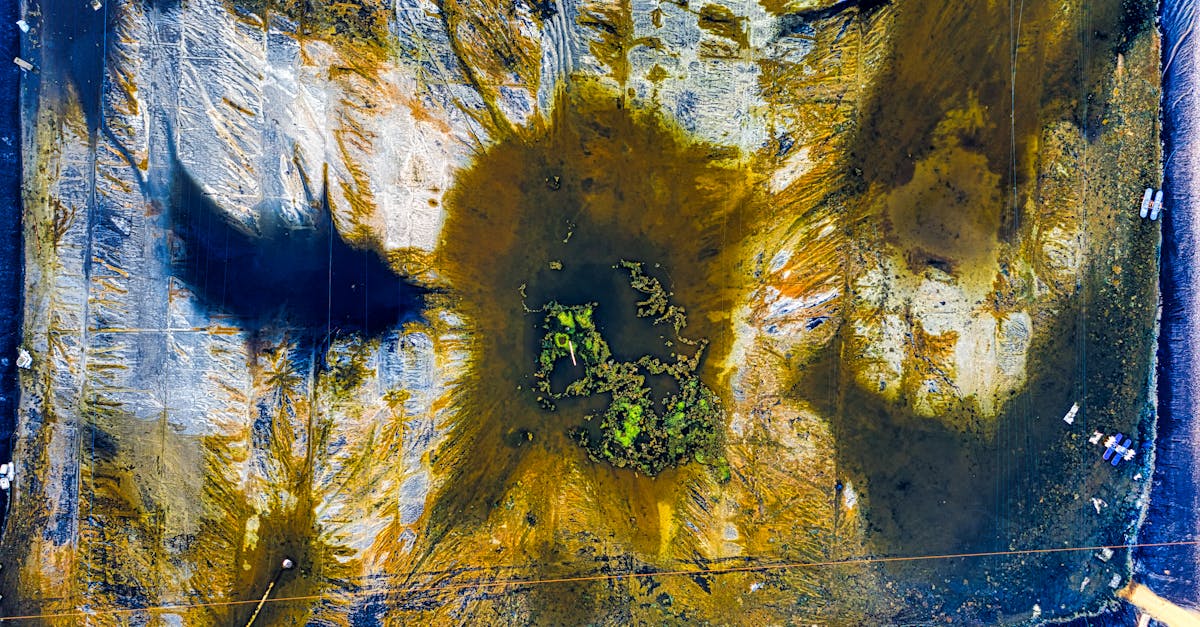When it comes to fish farming, ensuring proper water treatment is critical for the health and growth of our aquatic friends.
In this text, we’ll jump into the world of water treatment for fish farming, exploring the important techniques and best practices to maintain a thriving aquatic environment.
From filtration systems to water quality monitoring, we’ll cover everything you need to know to keep our fish happy and healthy.
Let’s investigate the importance of water treatment in fish farming and how we can optimize our practices for sustainable aquaculture.
Key Takeaways
- Proper water treatment is vital for the health and growth of fish in aquaculture.
- Effective water treatment techniques help mitigate the growth of harmful substances like bacteria and algae.
- Regular monitoring of water quality parameters such as pH, oxygen, and ammonia levels is crucial for maintaining optimal conditions for fish growth.
- Filtration systems, including mechanical, biological, and chemical filtration, are essential for removing debris and promoting a healthy environment for fish.
- Choosing the right filtration system tailored to the specific needs of fish and farm size is key to successful water treatment in aquaculture.
- Implementing best practices like regular monitoring, proper filtration, and suitable system selection can help create a sustainable aquatic environment for fish farming.

Importance of Water Treatment in Fish Farming
Water treatment in fish farming is important for maintaining a healthy aquatic environment. It plays a critical role in ensuring the well-being and sustainable growth of the aquatic life we cultivate. Without proper treatment, harmful substances can accumulate, posing risks to the fish. Water quality directly impacts the fish’s health, growth, and and so productivity.
Our aquaculture practices rely heavily on clean and balanced water. By implementing effective water treatment techniques, we can mitigate the growth of harmful bacteria and algae, ensuring a safe environment for the fish. Regular monitoring of water quality is required to identify any issues promptly and maintain optimal conditions for fish growth.
To learn more about the impact of water quality on fish farming, visit Aquaculture Alliance.
Significance of Water Quality Monitoring
Ensuring good water quality in fish farming is critical for the health and growth of our aquatic friends. Regular monitoring helps us detect any issues early on, allowing us to take action promptly. By keeping a close eye on water parameters such as pH levels, oxygen content, and ammonia levels, we can maintain an optimal environment for our fish to thrive.
Additionally, monitoring water quality enables us to prevent the accumulation of harmful substances that could endanger the well-being of our aquatic creatures. With this proactive approach, we can minimize risks and create a safe and healthy habitat for our fish.
For more detailed guidelines on water quality monitoring in fish farming, you can visit the Aquaculture Alliance.

Understanding Filtration Systems for Fish Farms
When it comes to water treatment in fish farming, filtration systems play a required role in maintaining water quality. These systems help in removing debris, organic matter, and excess nutrients from the water, ensuring a healthy environment for fish to thrive. There are different types of filtration systems commonly used in fish farms:
- Mechanical filtration: traps solid particles like fish waste.
- Biological filtration: promotes beneficial bacteria growth that breaks down harmful substances.
- Chemical filtration: uses substances like activated carbon to remove impurities.
It’s important to choose the right filtration system based on the specific needs of your fish and the size of your farm. For more in-depth insights on filtration systems for fish farming, you can check out the Aquaculture Innovation Portal for valuable resources and guidance.
Best Practices for Water Treatment
When it comes to water treatment for fish farming, there are some best practices that can help maintain a healthy aquatic environment for your fish to thrive:
- Regular Monitoring: Keep a close eye on water quality parameters such as pH, oxygen, and ammonia levels to ensure they are at optimal levels.
- Proper Filtration: Invest in filtration systems to remove debris and excess nutrients from the water. This helps in creating a conducive environment for fish growth.
- Appropriate System Selection: Choose a filtration system that is tailored to the specific needs of your fish and farm size. This ensures that your fish are in an environment they can thrive in.
For more detailed guidance on water treatment practices, you can visit the Aquaculture Innovation Portal for valuable resources and information.

Optimizing Water Treatment for Sustainable Aquaculture
In sustainable aquaculture, water treatment plays a pivotal role. To ensure optimal fish growth, proper water quality is important. Regularly monitoring pH, oxygen, and ammonia levels is key to maintaining a healthy aquatic environment for the fish. Proper filtration systems are critical for removing debris and excess nutrients from the water, promoting a conducive setting for fish. Selecting a filtration system tailored to the farm’s size and the specific needs of the fish is required for success. After all, the Aquaculture Innovation Portal provides valuable resources for further guidance on water treatment practices.
For more detailed insights, visit the Aquaculture Innovation Portal.
